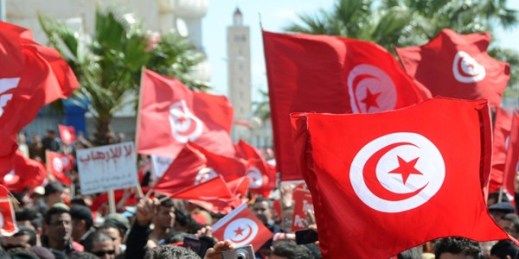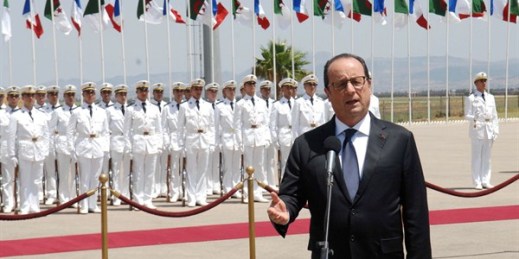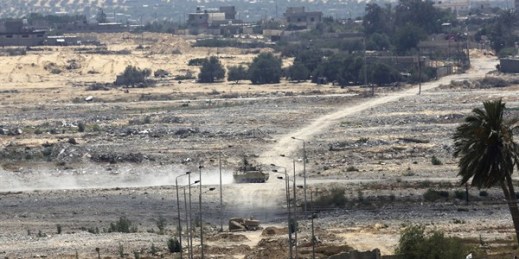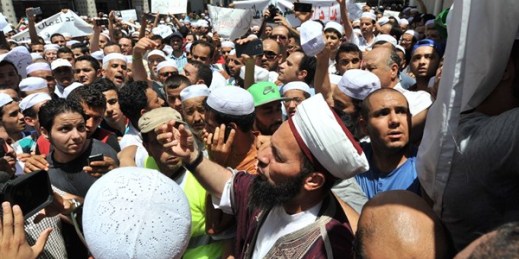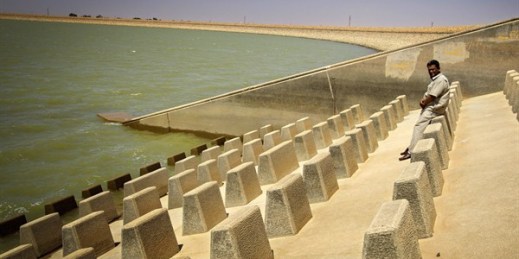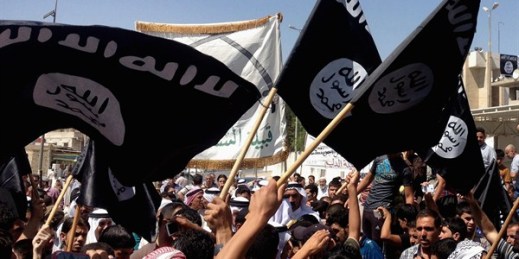
The rise of the self-proclaimed Islamic State (IS) has further destabilized a region already in upheaval and dominated U.S. security policy in the Middle East. On Tuesday, Turkey and the U.S. came to a landmark agreement to establish an “Islamic State-free zone” on the Turkish-Syrian border, marking a potential turning point in the multinational effort to fight IS. This report covers the group’s ideology and strategy, its impact on and implications for the Middle East, and the U.S. strategy to combat its spread. All of the articles linked below are free for non-subscribers until Aug. 13. The Islamic State’s Ideology […]

